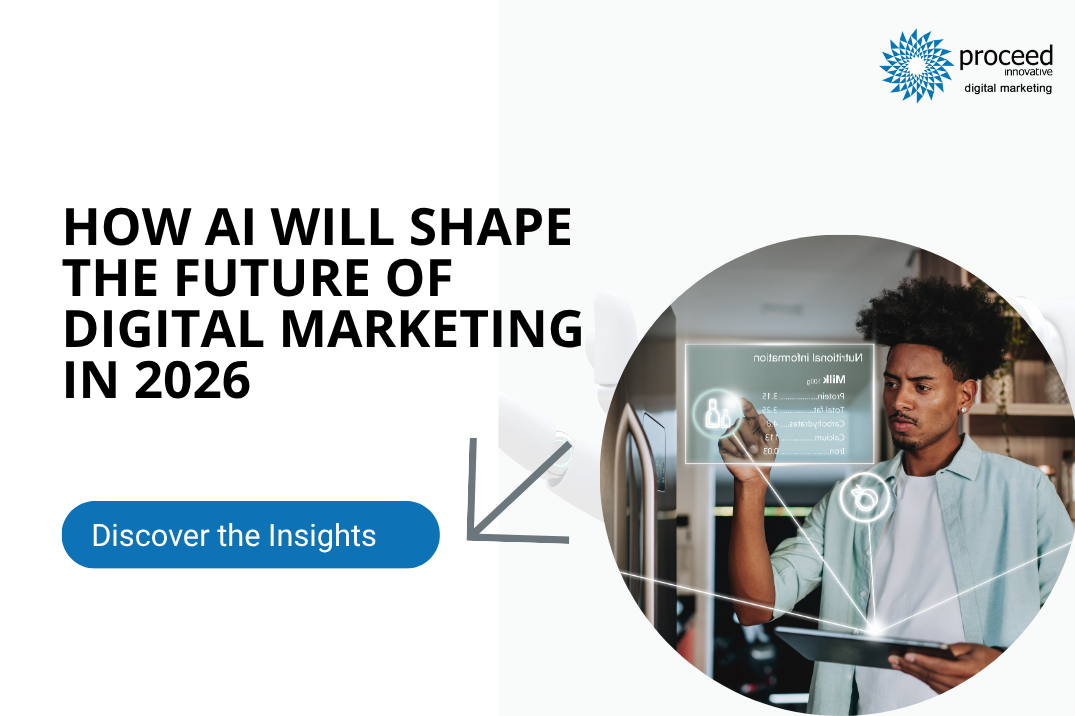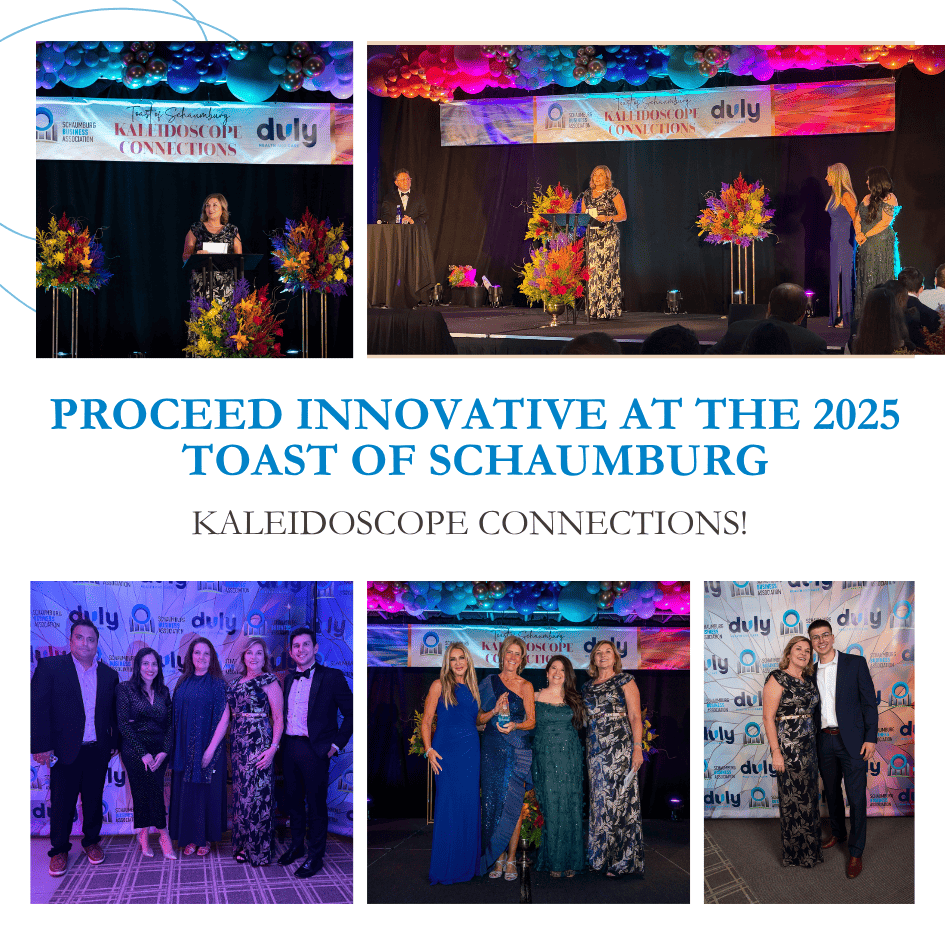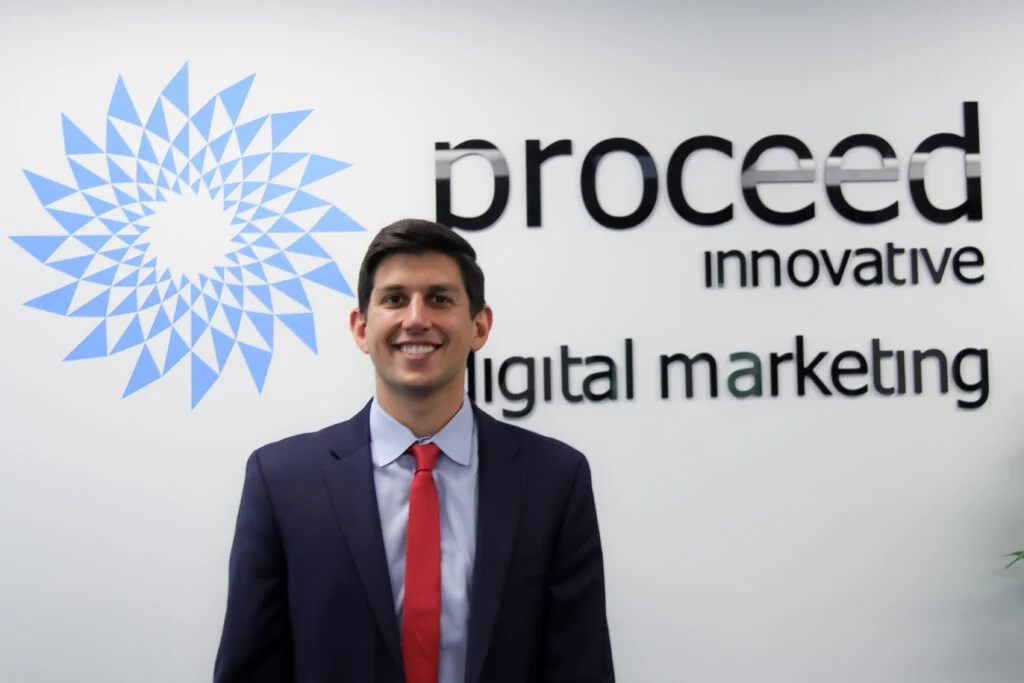The world of digital marketing is evolving faster than ever, and artificial intelligence (AI) is at the heart of this transformation. By 2026, AI is expected to reshape how brands connect with audiences, personalize content, optimize campaigns, and measure success. From automated content creation to predictive analytics and hyper-targeted advertising, businesses that leverage AI effectively will gain a competitive edge. In this blog, we’ll explore the emerging trends, tools, and strategies that will define AI-driven digital marketing in 2026, and what marketers need to know to stay ahead of the curve.
AI-powered personalization
One of the biggest advantages AI brings to digital marketing is hyper-personalization. By analyzing vast amounts of user data, including browsing behavior, purchase history, location, and even social media activity, AI can tailor content, product recommendations, and offers to individual preferences in real time. Imagine a website that automatically adjusts its messaging, layout, and product suggestions based on a visitor’s browsing history, or an email campaign that adapts not just its subject line but the content and visuals for each subscriber, increasing relevance and engagement.
AI-powered personalization also extends to dynamic advertising, where ads can be customized for each user across multiple platforms, from social media to search engines. Streaming services, e-commerce sites, and news platforms are already leveraging this technology to keep users engaged, and by 2026, these expectations will be standard across industries.
The benefits are clear: higher engagement, increased conversion rates, and stronger customer loyalty. Personalized experiences create a sense of connection and relevance that generic campaigns simply cannot match. For marketers, this means not only improved metrics but also the ability to build long-term relationships with customers. In 2026, personalization won’t just be a nice-to-have, it will be a baseline expectation, and businesses that fail to deliver tailored experiences risk being left behind.
Automation and efficiency in campaigns
AI is revolutionizing how marketing teams plan, execute, and optimize campaigns. Automation tools powered by AI can schedule social media posts, optimize ad spend, and even test multiple variations of content to determine the most effective approach. For example, AI can analyze thousands of past campaigns to identify the best-performing headlines, visuals, and posting times, then automatically adjust ongoing campaigns for maximum impact. Predictive scheduling ensures that messages reach the right audience at the right moment, increasing engagement while minimizing wasted impressions.
Beyond scheduling and testing, AI can optimize budgets in real time, reallocating funds to the highest-performing channels and audiences. This means marketers no longer have to manually adjust campaigns based on performance metrics, they can rely on AI to continuously learn and adapt strategies, improving ROI while saving significant time and resources.
By reducing manual, repetitive work, AI allows marketing teams to focus on strategy, creativity, and higher-level decision-making. Teams can spend more time crafting compelling narratives, designing innovative campaigns, and building relationships with customers, while AI handles the data-heavy, operational side of marketing.
Predictive analytics and consumer insights
Understanding consumer behavior has always been the cornerstone of effective marketing, but AI takes this insight to a whole new level. Predictive analytics uses machine learning algorithms to not only analyze historical data but also forecast future behaviors, trends, and preferences. This allows marketers to anticipate customer needs before they even arise and to tailor campaigns proactively rather than reactively.
AI-powered tools can forecast sales, identify potential customer churn, segment audiences with precision, and even determine the most effective channels and messaging for each target group. For example, an e-commerce brand could predict which customers are likely to purchase a specific product next, while a subscription service could identify members at risk of canceling and trigger retention campaigns automatically.
The benefits go beyond just targeting. Predictive analytics helps marketers allocate budgets more efficiently, plan content calendars around anticipated demand, and experiment with campaign strategies with reduced risk. By transforming raw data into actionable insights, AI empowers teams to make smarter decisions faster, ensuring campaigns remain agile, results-driven, and responsive in an increasingly competitive marketplace.
In 2026, businesses that harness predictive analytics effectively will not only understand what their customers want today but will also be prepared for what they’ll want tomorrow, giving them a distinct advantage over competitors who rely on traditional, reactive marketing strategies.
AI in content creation and curation
Content remains king, and AI is transforming how it’s created and delivered. From AI-generated copy, graphics, and social media posts to video content and even interactive media like quizzes or personalized experiences, marketers now have powerful tools to produce high-quality content at scale. AI can also analyze audience engagement to recommend the type of content most likely to resonate with specific segments, making campaigns more targeted and effective.
Beyond creation, AI helps with content curation by automatically selecting and organizing content from multiple sources, ensuring that newsletters, social media feeds, or website blogs remain relevant and fresh. For example, AI can identify trending topics, recommend related articles, or highlight products that complement a user’s recent browsing behavior, keeping audiences engaged without manual intervention.
However, it’s crucial to maintain a balance. Human oversight ensures that content aligns with brand voice, avoids errors, and remains authentic. While AI can accelerate production and provide data-driven insights, the human touch is necessary for creativity, nuance, and emotional resonance. By combining AI efficiency with human creativity, brands can produce more content faster, maintain consistent quality, and deliver experiences that feel personal and genuine to their audiences.
In 2026, successful marketers will leverage AI not as a replacement for creativity but as a partner, amplifying human ingenuity while ensuring content remains strategic, engaging, and on-brand.
Enhanced customer experience with AI
AI isn’t just transforming marketing; it’s fundamentally enhancing the overall customer experience. Chatbots and virtual assistants can provide 24/7 support, instantly answering questions, resolving issues, and guiding users through their buying journey. Unlike traditional support channels, AI can handle multiple interactions simultaneously, reducing wait times and ensuring consistent service quality.
AI-powered recommendation engines also play a major role in creating a seamless, personalized experience. By analyzing browsing patterns, purchase history, and even social media activity, AI can suggest products, services, or content tailored to each individual, making every interaction feel thoughtful and relevant. Streaming platforms, e-commerce sites, and online learning platforms are already using these tools to increase engagement, cross-sell products, and improve retention.
Moreover, AI can anticipate customer needs before they are explicitly expressed. For instance, predictive analytics can identify when a customer might need a refill, an upgrade, or additional support, enabling proactive outreach that enhances satisfaction. Brands that successfully integrate AI into customer interactions gain not only improved engagement but also higher satisfaction, trust, and long-term loyalty.
In 2026, delivering a superior customer experience will no longer be optional, AI-driven personalization and support will set the standard. Businesses that embrace these technologies will foster stronger relationships, retain more customers, and maintain a competitive edge in an increasingly experience-driven marketplace.
Ethical and privacy considerations
With great power comes great responsibility. AI-driven marketing relies heavily on data, including collecting, analyzing, and interpreting user information to personalize experiences and predict behavior. While this data-driven approach can lead to remarkable marketing results, it also raises serious questions about privacy, consent, and ethical use.
Brands must prioritize transparency by clearly communicating how customer data is gathered and used. Obtaining informed consent is no longer just a regulatory requirement, it’s a key factor in building trust with consumers who are increasingly aware of how their information is handled. Companies that fail to protect customer data risk not only financial penalties under regulations like the GDPR and CCPA but also lasting reputational damage.
Beyond privacy, marketers must consider the ethical implications of AI decisions. Algorithms can unintentionally introduce bias, favor certain demographics, or make decisions that lack human empathy. Ensuring fairness, accountability, and oversight in AI systems is essential to maintaining ethical standards and brand integrity.
Responsible AI use will not only protect your brand but also serve as a competitive differentiator in 2026. Consumers are more likely to support brands that demonstrate integrity, respect user privacy, and use technology responsibly. By approaching AI marketing with transparency and ethics at the forefront, businesses can build stronger, more trusting relationships with their audiences and turn responsible data use into a long-term advantage.
Preparing your Digital Marketing strategy for AI
As AI becomes an integral part of digital marketing, businesses need a clear, forward-thinking strategy for adoption. Jumping into AI without a defined plan can lead to wasted resources or ineffective implementation. Instead, marketers should begin by identifying the areas where AI can deliver the greatest impact, whether that’s automating repetitive tasks, personalizing customer experiences, improving predictive analytics, or streamlining content creation and distribution.
Start with an audit of your current marketing operations to pinpoint inefficiencies and opportunities for AI integration. For example, could your team benefit from automated campaign management? Do you have enough data to power predictive insights or dynamic personalization? Identifying these gaps helps prioritize which AI tools and platforms will bring measurable value to your business.
Once you’ve selected the right tools, invest in training your marketing team to understand both the capabilities and limitations of AI. Human expertise is essential for interpreting data insights, maintaining brand authenticity, and ensuring that AI-generated outputs align with your marketing vision. A well-trained team will use AI not as a replacement, but as a powerful partner that enhances their creativity and decision-making.
Finally, take a phased approach to adoption. Begin with small, measurable pilot projects, evaluate performance, and gradually scale up as results improve. This allows your organization to learn, adapt, and refine processes before expanding AI across all marketing channels.
A thoughtful, strategic approach ensures your brand leverages AI intelligently, enhancing productivity, creativity, and customer engagement, rather than relying on it blindly. In 2026 and beyond, the most successful marketing teams will be those that balance innovation with intentional planning, allowing technology and human insight to work hand in hand.
Harness the Power of AI Digital Marketing with Proceed Innovative
Artificial intelligence is redefining what’s possible in digital marketing. From hyper-personalized customer experiences to predictive analytics and automated campaign optimization, AI offers endless opportunities for growth, efficiency, and innovation. However, realizing these benefits requires more than just adopting new tools, it takes strategy, expertise, and continuous optimization to ensure technology works in harmony with your business goals.
Our team of digital marketing experts at Proceed Innovative stays at the forefront of emerging technologies, helping businesses integrate AI-driven solutions into SEO, PPC, web design, and lead generation strategies. Whether you’re looking to automate your campaigns, improve customer targeting, or use data more effectively, we’ll develop a customized digital marketing plan designed to maximize your ROI and position your brand for long-term success.
AI is changing the future of marketing, and the future starts now. Contact Proceed Innovative today to learn how our digital marketing services can help your business leverage AI intelligently and stay ahead of the competition in 2026 and beyond.






